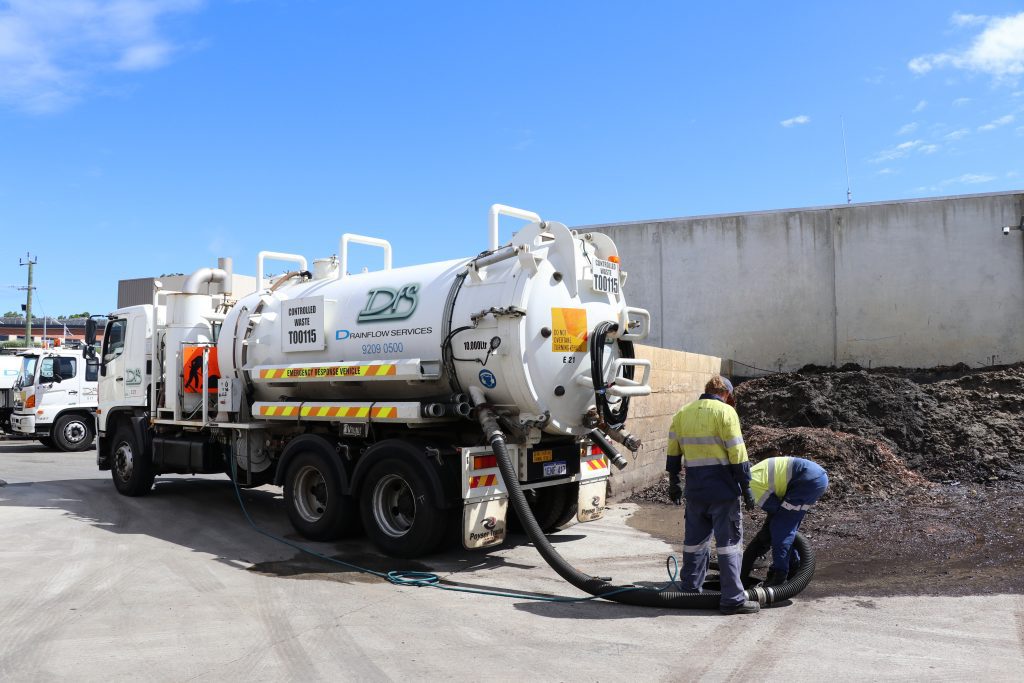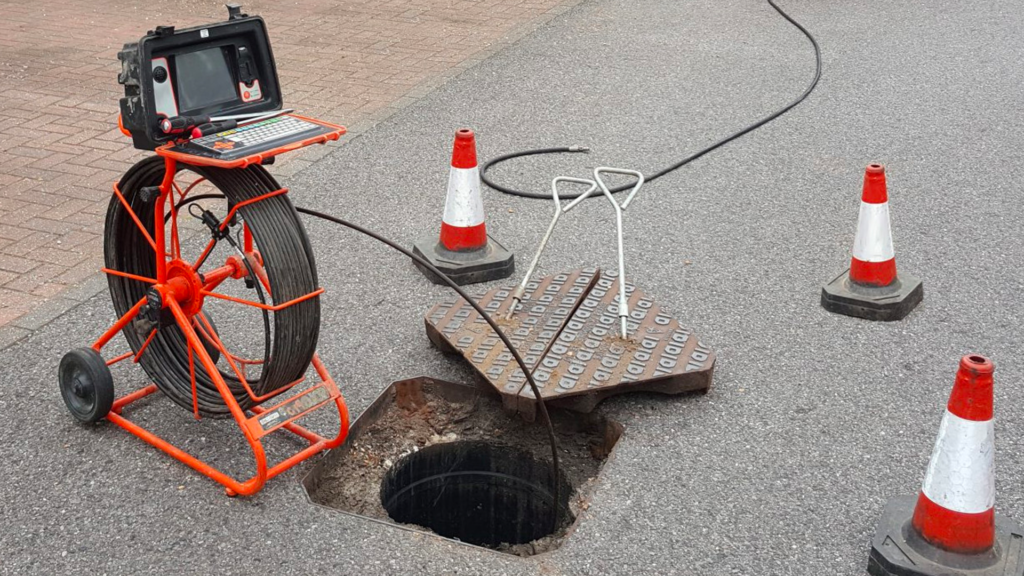An Unbiased View of Reclaim Waste
Rumored Buzz on Reclaim Waste
Table of ContentsGet This Report on Reclaim WasteThe Best Guide To Reclaim WasteA Biased View of Reclaim WasteGet This Report on Reclaim WasteThe Best Strategy To Use For Reclaim Waste
Explore the types, occurrences, and types of fluid waste. Domestic sewer waste refers to the waste and products from a household septic system. This kind of waste is created by human beings in homes, schools, and other buildings. This only includes septic containers that have a drain area. The appropriate management and disposal of domestic sewage waste need liquid waste to be transferred to a sewage therapy plant where the correct techniques and tools are put on cleanse and throw away waste.
Business waste commonly includes prospective hazards, such as combustible products or a mix of liquid and solid waste products, and needs an advanced and thorough disposal process. The disposal of business waste usually includes the filtration of waste prior to transportation to ensure risk-free and appropriate disposal. Hazardous waste is produced from by-products and drainage of industrial procedures and manufacturing.
This sort of waste can not utilize the exact same sewer administration transport or procedures as septic or industrial liquids. The industrial waste management process requires the assessment and screening of fluid waste prior to it undergoes the disposal procedure (liquid waste disposal). Runoff waste is the fluid waste that originates from runoff and excess stormwater in extremely inhabited locations or cities
Drainage waste can cause contamination and flooding otherwise managed properly. Discover more regarding sewage system cleansing and waste administration. Ensuring proper waste management can protect against catastrophes and reduce environmental harm. Both individuals in residential setups and experts in industrial or production industries can profit from comprehending the processes and regulations of fluid waste management.
How Reclaim Waste can Save You Time, Stress, and Money.
Contact PROS Solutions today to learn more about our waste monitoring and disposal services and the appropriate ways to care for the liquid waste you produce.
(https://reclaimwaste1.bandcamp.com/album/reclaim-waste)Do you know what takes place to your water when you pull the plug, purge the bathroom or drain pipes the washing maker? No? Well, it's worth knowing. This so-called 'wastewater' is not just an important source but, after therapy, will be launched to our land, rivers or the sea. Utilized water from bathrooms, showers, baths, kitchen area sinks, laundries and industrial procedures is called wastewater.

water made use of to cool down machinery or clean plant and tools). Stormwater, a type of wastewater, is overflow that moves from agricultural and urban areas such as roofings, parks, gardens, roadways, paths and gutters into stormwater drains pipes, after rain. Stormwater streams neglected directly to neighborhood creeks or rivers, at some point reaching the sea.
The Ultimate Guide To Reclaim Waste
In Queensland, many wastewater is dealt with at sewage therapy plants. Wastewater is transported from residential or industrial sites through a system of drains and pump stations, called sewage reticulation, to a sewage therapy plant. Local governments develop, maintain and operate most sewage therapy plants. Operators are licensed under the Environmental Security Act 1994 to release cured wastewater at an acceptable environmental criterion into waterways.
The Department of Natural Resources encourages city governments concerning managing, operating and maintaining sewage systems and therapy plants. In unsewered locations, city governments may require householders to mount specific or house sewage therapy systems to deal with domestic wastewater from bathrooms, kitchens, washrooms and washings. The Division of Natural Resources authorises using house systems when they are verified to be efficient.
In some brand-new subdivisions, treatment of some stormwater to remove clutter, sand and gravel has actually begun making use of gross toxin catches. Wastewater treatment happens in 4 phases: Eliminates solid issue.
Utilizes small living microorganisms understands as micro-organisms to break down and remove staying liquified wastes and great particles. Micro-organisms and wastes are incorporated in the sludge.
Reclaim Waste for Dummies
Nutrient removal is not available at all sewer treatment plants because it requires costly specialist equipment. Clear fluid effluent created after treatment may still include disease-causing micro-organisms - liquid waste disposal.

This typically indicates wastewater has actually to be dealt with or impurities removed prior to it can be discharged to waterways. A lot of wastewater moves into the sewerage system. Under the Act, city governments carry out authorizations and licences for environmentally appropriate tasks (Ages) involving wastewater releases that could have a neighborhood impact. The department provides authorizations and licences to ERAs involving wastewater releases that could have a regional or statewide impact.
Getting My Reclaim Waste To Work
Surveillance gives valid information concerning water high quality and can confirm that permit problems are being satisfied. The details acquired via monitoring offers the basis for making water quality choices.